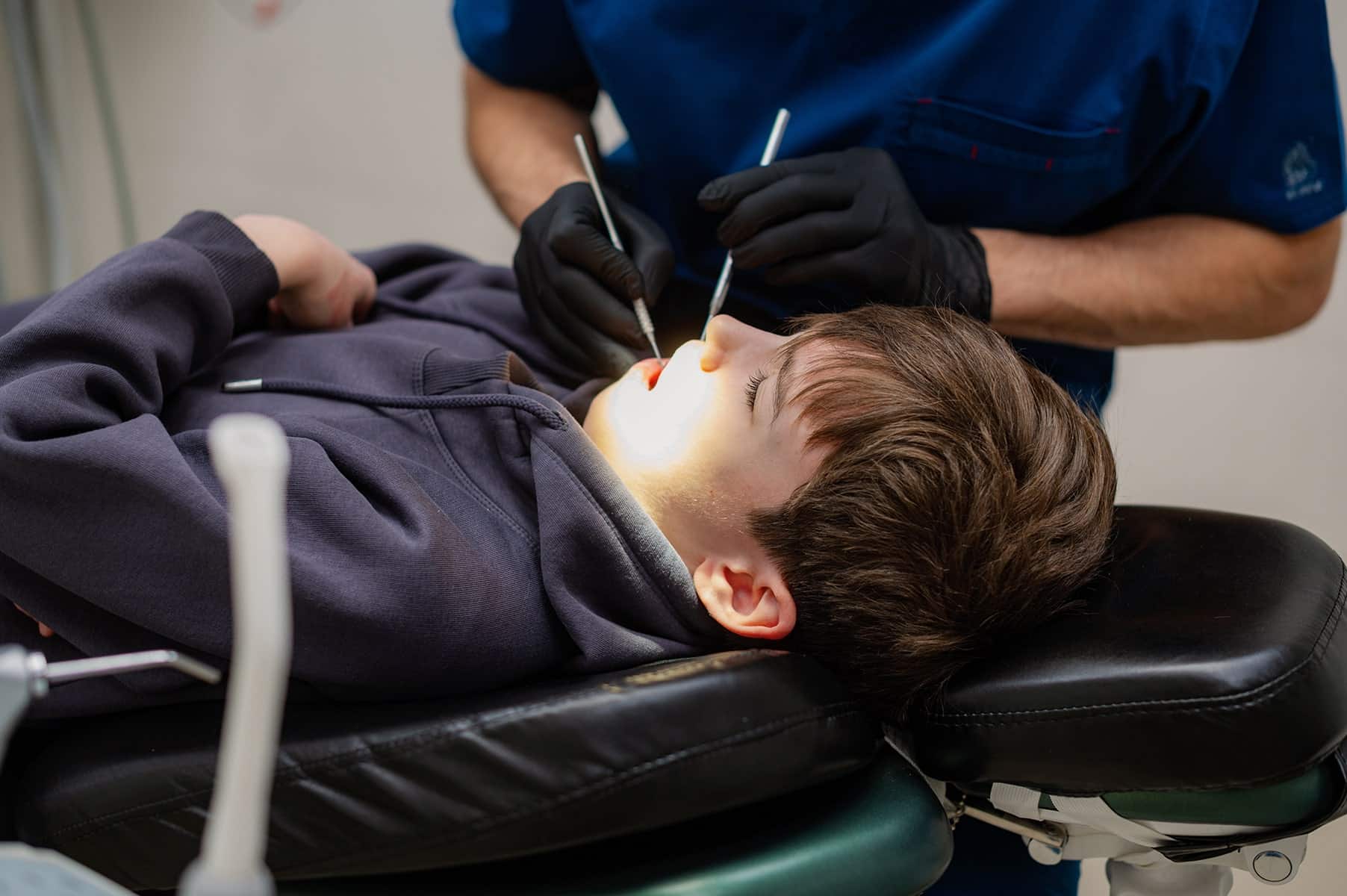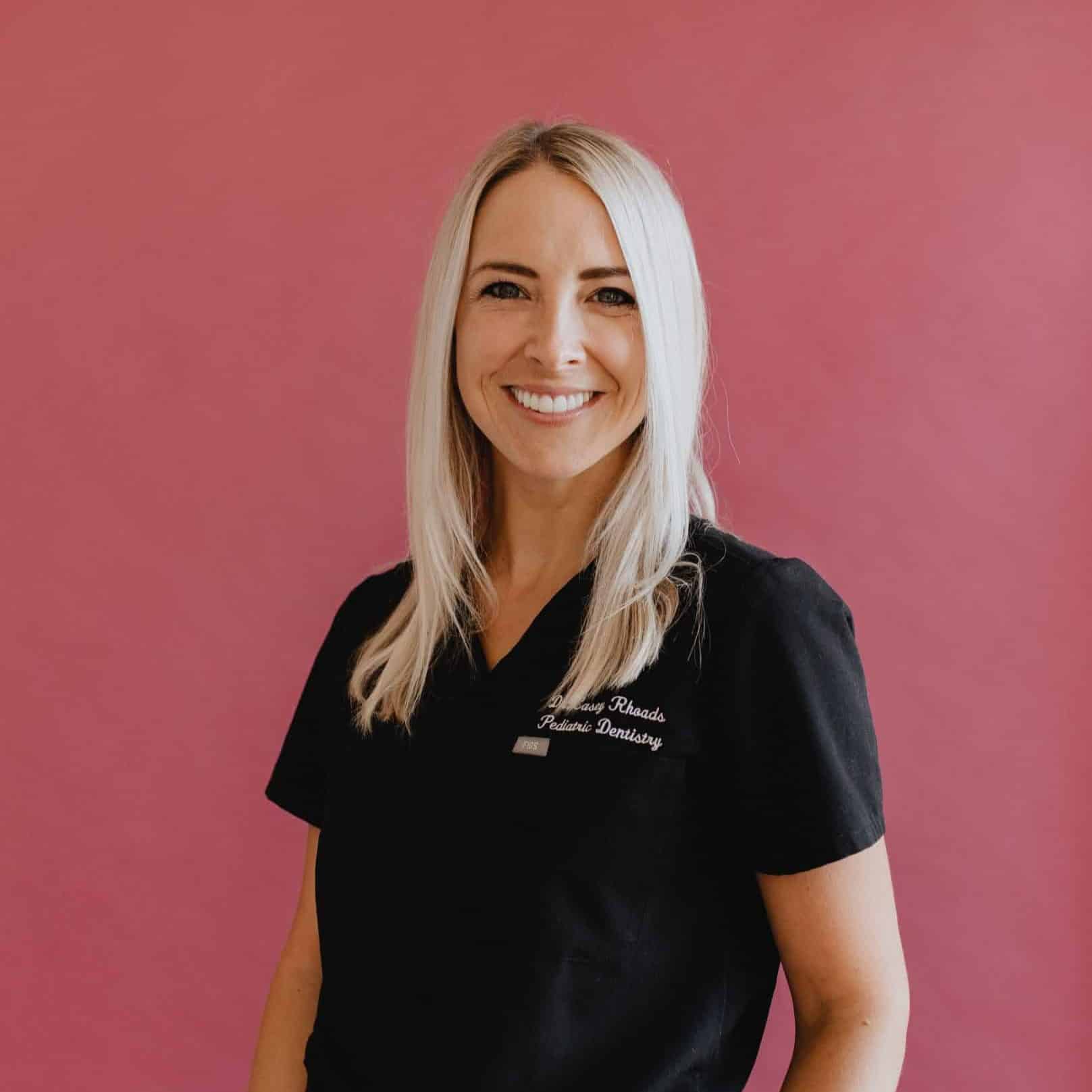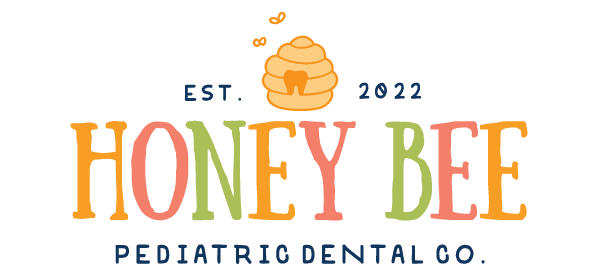
What Happens After a Pediatric Dental Sedation Appointment?
If your child is scheduled for a dental procedure with sedation, it’s completely normal to wonder what comes next. Most children recover quickly and smoothly, especially with the right care and guidance. At Honey Bee Pediatric Dental Co., our board-certified pediatric dentists, Dr. Casey Rhoads and Dr. Rebecca Ferns, are here to walk you through what to expect every step of the way.
This Article Will Address:
- What to expect immediately after pediatric sedation wears off
- Common side effects of sedation and how to manage them
- Tips on feeding your child after sedation
- When your child can return to school or play
- Warning signs to watch for
- Recovery timelines and when to call the dentist
- Why parents in Lawrence, Lenexa, and Prairie Village trust Honey Bee Pediatric Dental Co.
Before Your Child’s Sedation: A Quick Prep Checklist
Although this article focuses on post-sedation care, preparing well can make recovery smoother. Here’s what we recommend before your child’s sedation appointment:
- Fasting instructions: Follow our exact guidelines on when your child should stop eating or drinking before their visit.
- Comfortable clothing: Dress your child in cozy, loose-fitting clothes.
- Plan for the ride home: Your child will be drowsy and unable to walk steadily after sedation. Have a responsible adult available to accompany them home.
- Bring essentials: Any comfort item (blanket or stuffed animal), completed paperwork, and a list of your questions.
What Should I Expect After My Child’s Dental Sedation Wears Off?
Most children feel groggy, tired, or even a little wobbly after sedation, this is completely normal. Depending on the type of sedation used, your child may also experience:
- Mild confusion or trouble focusing
- Slurred speech or difficulty walking
- Minor nausea or hiccups
This transition period typically lasts one to several hours and should improve steadily with rest and hydration.
Is It Safe to Let My Child Sleep After Dental Sedation?
Yes, it’s safe for your child to sleep after sedation. In fact, rest is one of the best ways for the body to recover. However, keep the following in mind:
- Lay your child on their side if they’re still groggy, in case of nausea.
- Watch their breathing—it should be steady and quiet.
- Do not leave them unattended until they are fully awake and stable.
- If they are difficult to wake, vomiting persistently, or seem disoriented for more than a few hours, please contact the sedation team or emergency services right away.
What Are the Side Effects After Pediatric Dental Sedation?
Every child reacts slightly differently to sedation. Here’s what to expect based on the type of sedation used:
- Wears off within minutes
- Slight light-headedness or giggles
- No lingering effects after oxygen is administered
- Grogginess for several hours
- Delayed motor coordination
- Occasional nausea or irritability
IV Sedation:
- Sleepiness for most of the day
- Slight forgetfulness of the appointment
- Rarely, mild headache or sore throat
To support recovery:
- Offer small sips of water or diluted juice
- Avoid sugary or spicy foods
- Provide a calm, quiet space to rest
- Limit screen time, which may trigger headaches or agitation
How Long Does It Take for a Child to Recover from Dental Sedation?
Here’s a general recovery timeline:
- 0–2 hours: Grogginess, sleepiness, or minor confusion
- 2–6 hours: Alertness begins to return; child may eat soft foods
- 6–12 hours: Most sedation effects have worn off
- By next morning: Your child should feel back to normal
At Honey Bee Pediatric Dental Co., our team is available by phone for established patients if you have questions after hours. We’re committed to your child’s comfort and your peace of mind.
How Do I Know If Something Is Wrong After Sedation?
Though complications are rare, it’s important to recognize when to call your child’s dentist or seek immediate care. Watch for:
- Breathing difficulties (fast, shallow, or labored breathing)
- Blue lips or fingernails
- Persistent vomiting or inability to hold down fluids
- Fever over 101°F
- Inconsolable crying or unresponsiveness
Emergency? Call our office or our after-hours line for established patients.
What Can My Child Eat After a Sedation Dental Appointment?
Start slowly with clear, cool liquids like water or diluted apple juice. Then offer bland, soft foods such as:
- Applesauce
- Mashed potatoes
- Yogurt
- Scrambled eggs
- Plain pasta
Avoid:
- Hot foods and drinks
- Crunchy snacks like chips or pretzels
- Sticky candies or gum
- Dairy-heavy meals if nausea is present
We recommend waiting until your child can fully sit up and swallow easily before giving anything to eat. For your convenience, we provide a downloadable post-sedation snack guide on our website.
How Soon Can My Child Resume Normal Activities After Sedation Dentistry?
While some children bounce back quickly, others may need more time. Here’s a general guideline:
- Rest of the day: Stay home and relax. Avoid screens, playgrounds, and exertion.
- Next day: If your child is feeling back to normal, school or daycare is fine.
- After 24 hours: Sports and physical activities can resume with your dentist’s approval.
Speak with a Professional Pediatric Dentist Today
Your child’s safety and comfort are our highest priorities—before, during, and after every visit. At Honey Bee Pediatric Dental Co., we pride ourselves on delivering expert pediatric sedation dentistry in a nurturing, kid-friendly environment. Whether you’re in Lawrence, Lenexa, or Prairie Village, our team is here to help your child smile brighter—and recover safely.
Questions after your child’s procedure? Call us to speak with our team, or request a follow-up appointment today.
Sources
- American Academy of Pediatric Dentistry. “Guideline on Use of Anesthesia for Pediatric Dental Patients.”
- Mayo Clinic. “Sedation Risks and Recovery for Children.”
- Nemours Children’s Health. “What Parents Should Know About Sedation Dentistry.”

Dr. Casey Rhoads, originally from Hays, Kansas, has been a trusted pediatric dentist in the Kansas City area since 2016. Known for her exceptional communication skills and compassionate approach, Dr. Rhoads prioritizes honest, empathetic care to help ease anxiety and create a positive dental experience for children and their parents. Outside of the office, she enjoys traveling and spending quality time with her husband and three children, cherishing every moment with her family and young patients alike.
